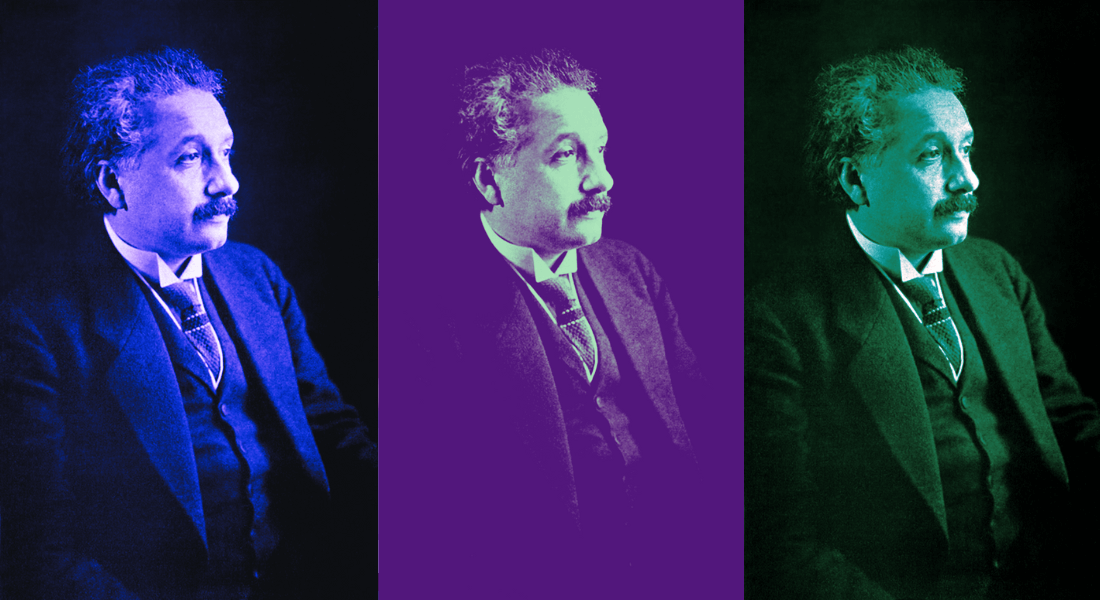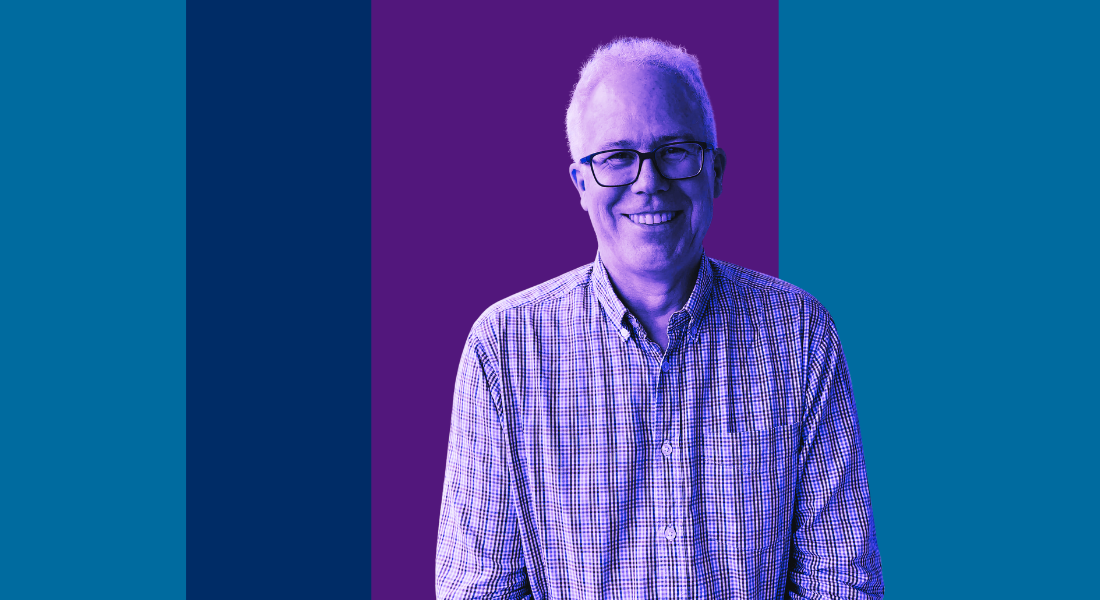What even non-geniuses can still learn from Einstein
Professor Richard Staley offers his insights on some of the defining qualities of Einstein that everyone can aspire to.

There is no formula to copy or recipe to follow to think like Albert Einstein. But there are character traits of the father of relativity theory that everyone can try to be inspired by – and benefit from - even if it does not directly result in a Nobel Prize or a revolution in our understanding of the physical world.
“What is really interesting about Einstein is the combination of his intellectual daring and his moral courage,” said Professor Richard Staley, who is among other things the author of the book “Einstein’s Generation: The Origins of the Relativity Revolution”.
“And that seems true both in his science and his political life. He saw more and saw more clearly than the other people around him.”
A Trained Imagination
Part of what we understand by Einstein's genius was trained, Richard Staley points out.
“He was trained to think creatively, to think imaginatively,” he said.
“He was extremely fond of thought experiments. He was very good at approaching the assumptions underlying a piece of work or theoretical approach and tweaking them this way and that to see how they could be tested.”
There are two particular thought experiments that provided guides to two of his major theoretical breakthroughs. And one of them can perhaps be traced back to a book, which Einstein read as a child.
“We know he read a children's book series on science and one of the articles pictured the possibility of traveling at the speed of light through a telegraph wire and imagined what one would experience there. This could very well have led him to think imaginatively about keeping pace with a light wave,” said Richard Staley
“He maintained his thought experiments for many years. You don’t always see them in the technical work, there they are completely transformed into mathematical language. The thought experiments became mathematical expressions guiding his exploration of physical relationships.”
Thinking inside multiple boxes
Another trait associated with Einstein is the ability to think outside the box. But that is only partly true.
“It is much more correct to say that Einstein thought consistently within several different boxes at the same time,” said Richard Staley.
“He understood electromagnetic theory, and thermodynamics and mechanics and he saw both the frictions between them, and limitations in each single approach, much more clearly than others did. He thought across disciplines. Compared to others in his time, you can see that it was difficult to make these leaps in thought.”
One of the challenges was the hope of a new electromagnetic worldview, that was gaining a lot of traction.
“Many saw that electrons gained mass as they moved. And if that was true, you might be able to explain both mass and gravity through the movement of these charged particles. It would unify physics,” said Richard Staley.
“Einstein could already see limitations to electromagnetic theory, and yet relied on it to develop relativity and this led him to a new, more general relation between mass and energy. The ability to see more of the framework at once was characteristic of him.”

Independent, but not alone
When Einstein was 15 years old, his family moved from Munich to Northern Italy, leaving the young Albert, who was to complete his school.
“He learned as a young man to be independent, but he was not alone. His math teacher at that school said he was ready to go to university, despite being three years younger. Later he had several important mentors – not least Max Planck, who supported him,” said Richard Staley.
“He had strong support, all the way, and he always had someone who saw the value in what he did. And that was important. Because Einstein was also always controversial, and just like he always had people who supported him, later especially, there were also people who hated him and what he represented.”
Courageous in Adversity
The courage to be controversial - both with his science and his politics – is for Richard Staley one of the defining character traits of Albert Einstein. In both cases, he had the ability to see weaknesses in the assumptions being made, and he was not afraid to challenge them.
“He went through World War I as a pacifist and internationalist, that was a very controversial stance at the time. Along with his Jewishness and support for Zionism this was something that made people in interwar Germany express that they respected the scientist Einstein and hated Einstein the political figure,” said Richard Staley.
“Einstein himself tried to separate politics and science. But he was also ready to act politically and use the press and his fame to that end. And that inspired criticism.”
The ability to see more of the framework at once was characteristic of Einstein.
Despite intense opposition, Einstein managed to convert even some of the most significant skeptics.
“A good but surprising example of that is Paul Ehrenfest, who early on hated Einstein’s approach and described his work as terrible in correspondence with another colleague. But he ended up being one of Einstein’s good friends and supporters.”
“That is very telling about the challenge it was to accept Einstein's ideas. They were courageous and they pushed the boundaries of what people were ready to see and understand. In the end, they gained power because he could show that they worked.”
Contact
Richard Staley
Professor, Department of Science Education
richard.staley@ind.ku.dk
+4535332546
